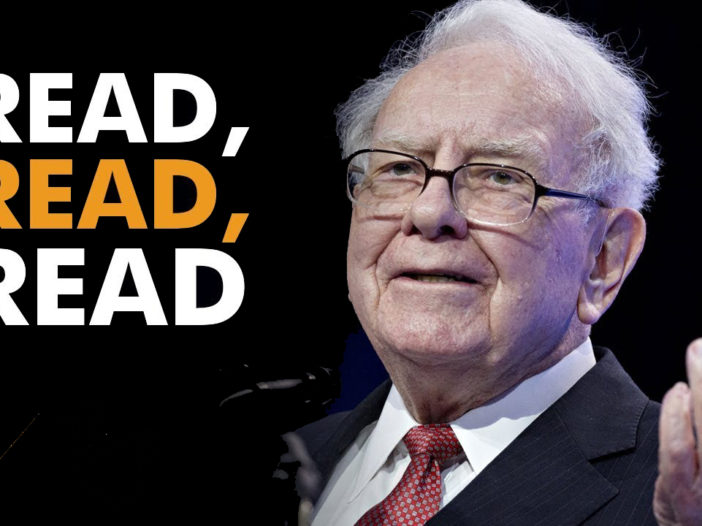
“Only when the tide goes out do you discover who’s been swimming naked,” Warren Buffett, America’s favorite rich uncle, has told us.
For many of us, this pressing pandemic certainly feels like low tide, especially for our committed first responders and for the many service providers at restaurants, hotels, barber shops and grocery stores who create the fabric of our daily lives. We now have more than 30 million people out of work, and as we look to rebuild the economy and reframe a sense of normal, these circumstances are challenging and fraught with financial risk. Yet, they also might present for many an opportunity for change, a chance to adapt and create, and a space for something new.
As Mr. Buffett once said: “chains of habit are too light to be felt until they are too heavy to be broken.”
So I’m thinking about Uncle Warren, the shrewd investor and committed reader, thinker and writer, and on what he might advise right now. I bet that in addition to recommending classics like Benjamin Graham’s The Intelligent Investor, he’d probably also add a few new books.
“In the world of business, the people who are most successful are those who are doing what they love.” Buffett said in a rebroadcast interview I recently watched. He’s right. That’s why I use Chris Guillebeau’s terrific books The $100 Startup and 100 Side Hustles: Unexpected Ideas for Making Extra Money Without Quitting Your Day Job in my Boston College Law School class, “Project Entrepreneur,” a student-led business fundamentals bootcamp for returning citizen entrepreneurs. These are practical, fun, read-in-one-sitting books, and they lead from the motivating premise that opens The $100 Startup: “Imagine a life where all of your time is spent on the things you want to do.”
You don’t have to do tomorrow what you did yesterday. Whether you call it “passion” or “purpose,” Uncle Warren might advise, you can do more than just imagine.
He’d also probably tell you to build any new venture on facts and data, rather than hunches, and on integrity and honesty, instead of flash and sizzle. For more on that, I highly recommend The Power of Bad and How to Overcome It, the insightful new book by New York Times Science Editor John Tierney and psychologist Roy Baumeister, that tackles how our built-in human bias for the negative colors first impressions, shapes how we build relationships, and ultimately, becomes a darker lens through which we view the world. Put simply, with news, projections, and our initial views of topics in general, we always assume the worst. As the book confirms and Buffet once noted: “It takes 20 years to build a reputation and five minutes to ruin it.”
We all need to work on this. I really liked the tips on overcoming bad customer reviews and for consciously avoiding negative interactions overall. I’ll now spend even less time watching cable TV. Maybe CNN’s ratings formula really does stand for “constantly negative news”?
Finally, before you launch, use some of your quarantine time to map out a thoughtful vision, and get a copy of First Pitch: Winning Money, Mentors, and More for Your Startup, the smart new book by Debi Kleiman, director of the Blank Center for Entrepreneurship at Babson College. Centered on the engaging stories of actual entrepreneurs, the book takes the reader step-by-step through the early, daunting task of creating a compelling and impactful pitch for investors, advisors, and customers.
Kleiman believes that pitch development catalyzes critical business thinking and she rightly emphasizes the basics of brevity, research, and storytelling, with lots of allocated time for rewrites. She’s the professor who reminds us to review the entire question before starting and also to check answers, especially with feedback and experience. Uncle Warren, who advises investors to “…never swing at a ball while it’s still in the pitchers glove” undoubtedly would agree. This is a book worth adding to any business library—and for enthusiastically passing on to entrepreneurial friends.
Starting fresh after the familiar is not for the faint of heart. I’ve lived it myself in leaving a comfortable BigLaw position to start a smaller, nimbler firm. You prepare, you try, and you adapt; the rest is grit and magic. As Uncle Warren reminds us “In the business world, the rear view mirror is always clearer than the windshield.”
Read on Boston Business Journal website.
Authors & Innovators is an occasional column by Larry Gennari, a transactional lawyer, law professor, and chief curator of Authors & Innovators, an annual business book and ideas festival.




